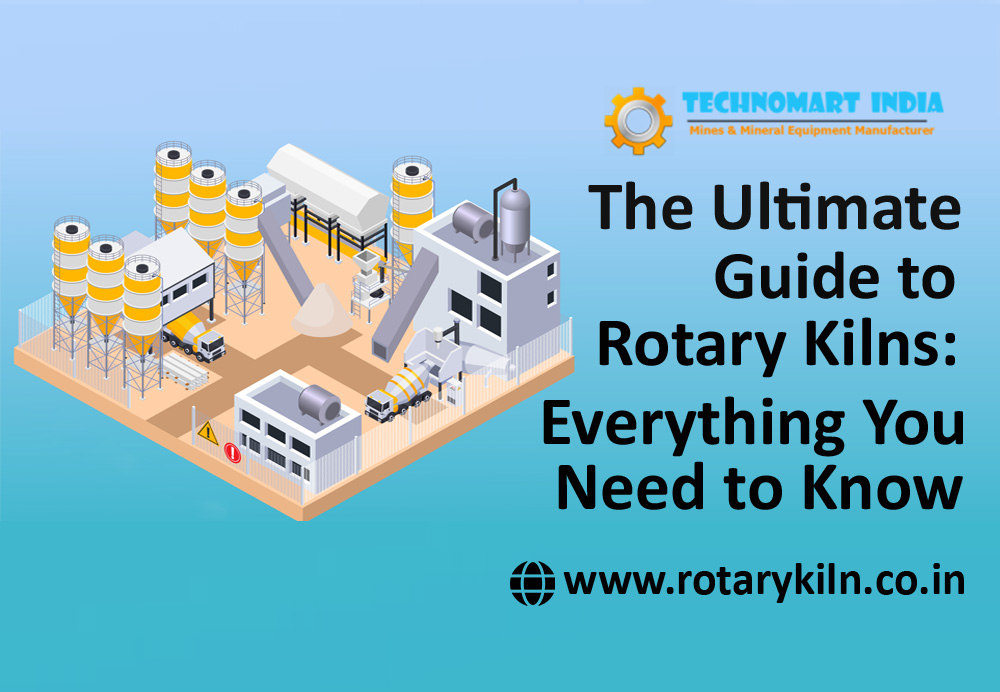A rotary kiln is a long, cylindrical furnace used to process raw materials at high temperatures. It rotates slowly on its axis, ensuring even heating and material mixing. This equipment is essential in industries like cement, lime, metallurgy, and waste treatment.
The kiln’s design allows it to handle continuous production, making it ideal for large-scale industrial use. It operates by moving raw materials gradually through a heated chamber, where chemical reactions occur. This process transforms raw feed into finished products such as cement clinker or quicklime.


